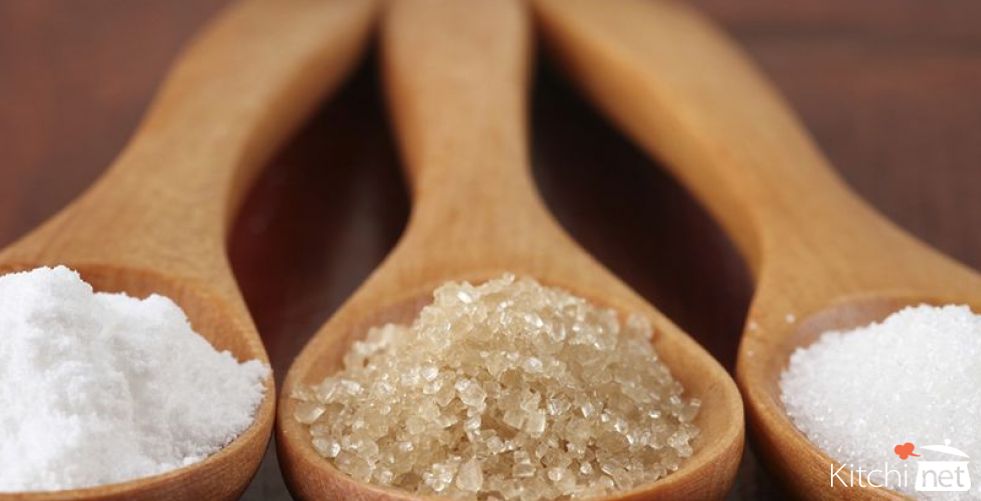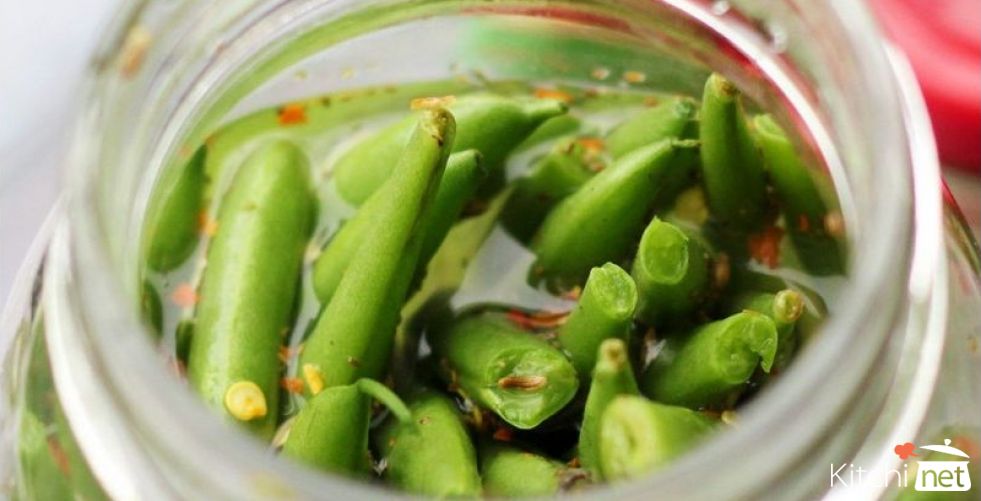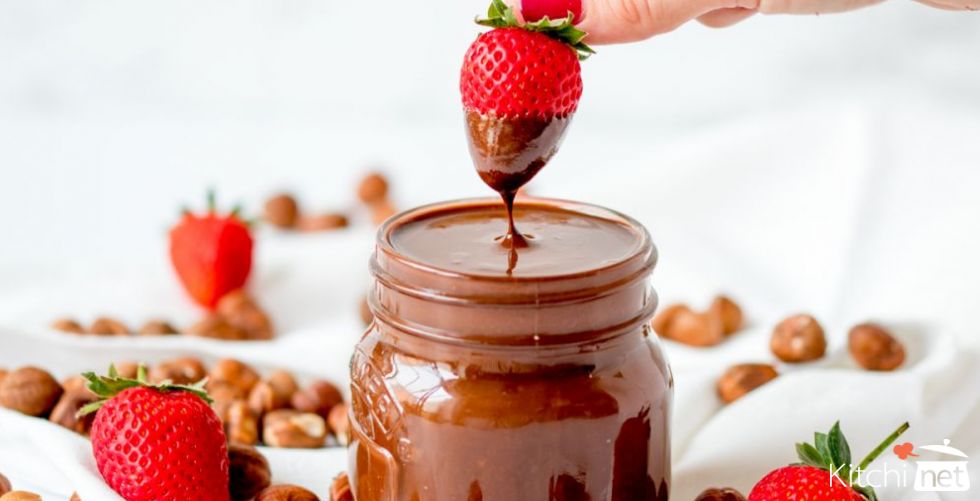Sugar and Salt

Sugar in our diet
Regularly consuming foods and drinks high in sugar increases your risk of obesity and tooth decay.
Sugary foods and drinks, including alcoholic drinks, are often high in energy (measured in kilojoules or calories), and if eaten too often, can contribute to weight gain. They can also cause tooth decay, especially if eaten between meals.
Many packaged foods and drinks contain surprisingly high amounts of free sugars. Free sugars are any sugars added to foods or drinks, or found naturally in honey, syrups and unsweetened fruit juices.
Cut down on:
sugary fizzy drinks
alcoholic drinks
sugary breakfast cereals
cakes
biscuits
pastries
Eat less salt – no more than 6g a day for adults
Eating too much salt can raise your blood pressure. People with high blood pressure are more likely to develop heart disease or have a stroke.
Even if you don’t add salt to your food, you may still be eating too much. About three-quarters of the salt we eat is already in the food we buy, such as breakfast cereals, soups, breads and sauces.
Use food labels to help you cut down. More than 1.5g of salt per 100g means the food is high in salt. Adults and children over 11 should eat no more than 6g of salt (about a teaspoonful) a day.


